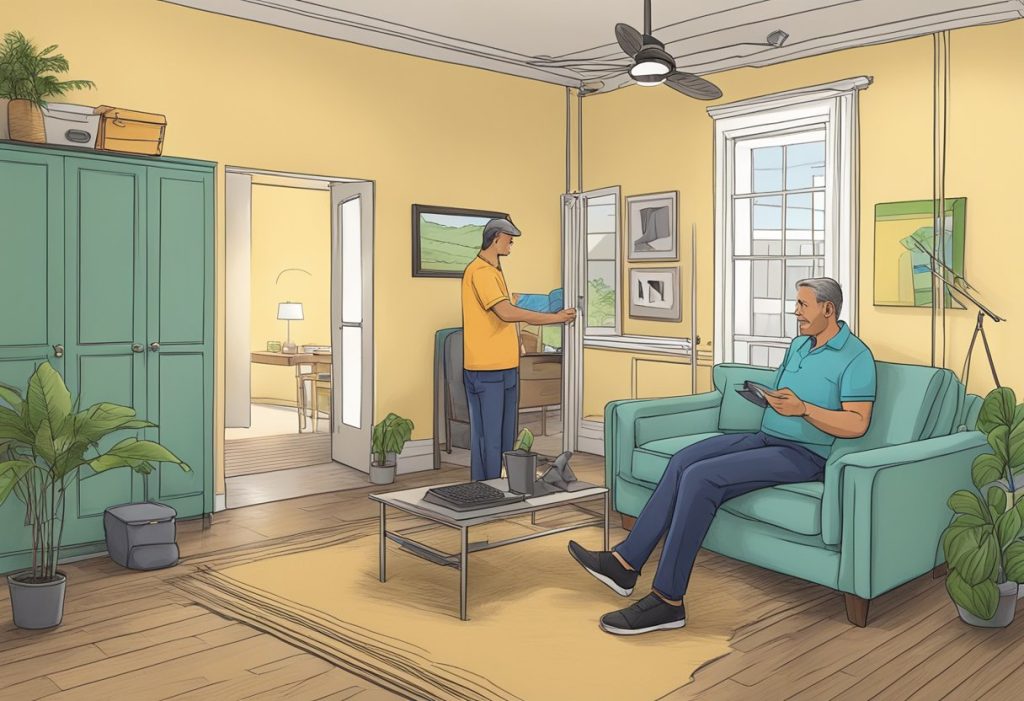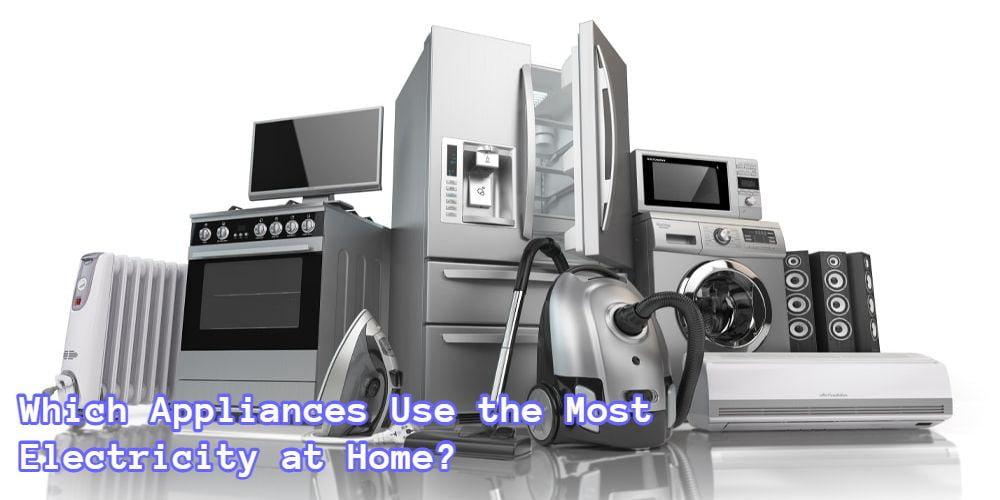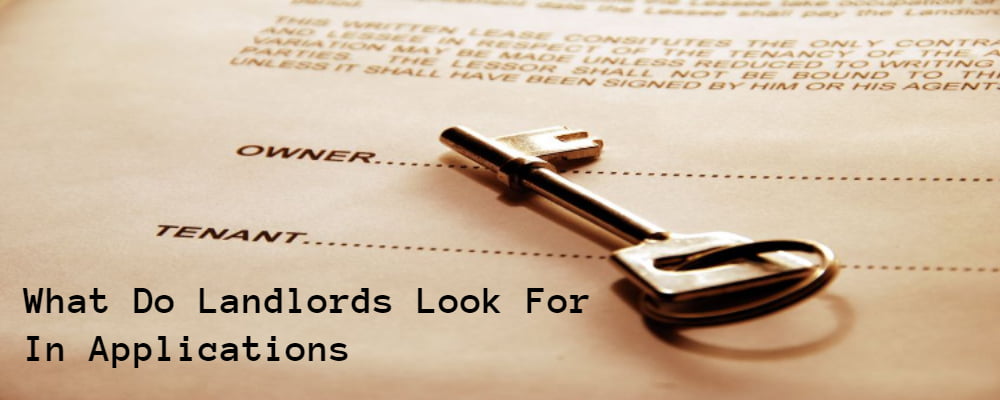Last Updated on March 18, 2024 by Kelvin Nielsen
As a tenant in Florida, you have certain rights when it comes to utilities in your rental property.
One of the most important is the right to have access to electricity.
While landlords have a lot of power when it comes to managing their properties, they cannot simply shut off your electricity whenever they feel like it.

Florida law is clear on this point: landlords cannot directly or indirectly cut off any utility service, including electricity. Doing so is considered a violation of your rights as a tenant, and you can take legal action if your landlord shuts off your electricity.
This protection is in place to ensure that tenants have access to basic necessities like electricity, regardless of any disputes they may have with their landlord.
If your landlord has shut off your electricity, it’s important to take action right away. You can contact a lawyer who specializes in landlord-tenant law to learn more about your options.
Additionally, you can file a complaint with the Florida Department of Agriculture and Consumer Services, which oversees landlord-tenant issues in the state. By standing up for your rights, you can ensure that you have access to the utilities you need to live comfortably and safely in your rental property.
Related Posts:
- Florida Landlord-Tenant Law: Security Deposit Requirements
- Florida Rent Increase Law: What You Need to Know
- How to Sue Your Landlord in Florida: A Guide for Tenants
Legal Grounds and Limitations for Electricity Shutoff in Florida
If you are a tenant in Florida, it is important to understand your rights when it comes to electricity shutoff. Florida law provides tenants with certain protections against illegal and discriminatory acts by landlords.
Understanding Florida Statute 83.67
Florida Statute 83.67 prohibits landlords from directly or indirectly cutting off any utility service, including electricity, water, heat, light, gas, elevator operations, garbage collection, or refrigeration.
This applies to all dwelling units governed by the statute, regardless of whether the utility service is under the landlord’s control or the tenant’s control.
Exceptions and Tenant Violations
There are some exceptions to this rule, such as when a tenant fails to pay their utility bills or violates the lease agreement. However, landlords must follow specific legal procedures before shutting off utility services in these cases.
They must provide written notice to the tenant and give them a reasonable amount of time to remedy the situation before shutting off the utility service.
Landlord Retaliation and Discrimination
Landlords are also prohibited from shutting off utility services as a form of retaliation or discrimination against a tenant. This includes discrimination based on race, color, national origin, religion, sex, familial status, or disability. Retaliation can take many forms. Such as, refusing to make necessary repairs or filing false eviction notices.
If a landlord violates Florida Statute 83.67, a tenant may be entitled to injunctive relief, which is a court order requiring the landlord to stop the illegal behavior. The court may also award damages and attorney’s fees to the tenant.
Related Posts:
- How to Sue Your Landlord in Florida
- Florida Air Conditioning Laws
- Free Legal Advice for Tenants in Florida
Tenant Rights and Remedies
As a tenant in Florida, you have certain rights and remedies when it comes to utility interruptions by your landlord. If your landlord has shut off your electricity without proper notice, you may be able to seek legal aid and resources to help you address the issue.
Seeking Legal Aid and Resources
If you are facing a dispute with your landlord over utility interruptions, you may want to seek legal aid to help you understand your rights and options. There are several resources available to tenants in Florida, including legal aid organizations that offer free or low-cost legal services to those in need.
You may also want to consult with an attorney who specializes in landlord-tenant law to help you navigate the legal process.
Procedures for Addressing Utility Interruptions
If your landlord has shut off your electricity without proper notice, you may be able to take legal action to address the issue. Under Florida law, landlords are prohibited from interrupting essential utility services, such as electricity, heat, and water. If your landlord has violated this law, you may be able to seek a court order to have the utilities restored.
To address the issue, you may want to consider sending your landlord a notice to quit, which is a legal document that notifies your landlord of your intention to terminate your lease agreement. You may also want to file a complaint with the court or with the Florida Department of Business and Professional Regulation, which oversees landlord-tenant disputes in the state.
Remember, as a tenant in Florida, you have certain rights and protections under the law. If your landlord has violated these rights, you may be able to take legal action to protect your interests.
Related Posts:
Frequently Asked Questions

What actions should a tenant take if their utilities are shut off by a landlord?
If a tenant’s utilities are shut off by their landlord, they should immediately contact their landlord to request the utilities be turned back on. If this does not work, they should contact an attorney or legal aid organization to explore their legal options.
Under what circumstances is it unlawful for a landlord to disconnect a tenant’s electricity?
Florida Statute 83.67 states that a landlord cannot directly or indirectly cut off any utility service, including electricity, water, heat, light, gas, elevator operations, garbage collection, or any other utility service. It is always unlawful for a landlord to disconnect a tenant’s electricity.
What are the responsibilities of Florida landlords regarding the provision of utilities?
Florida landlords have a responsibility to provide their tenants with essential utilities, including electricity, water, heat, and garbage collection. They cannot shut off these services in an attempt to force a tenant to pay rent or for any other reason.
What recourse does a tenant have if their water is disconnected without prior notice?
If a tenant’s water is disconnected without prior notice, they should contact their landlord immediately to request the water be turned back on. If the landlord does not comply, the tenant can file a complaint with the Florida Department of Agriculture and Consumer Services.
What prohibitions exist for landlords concerning utility shutoffs under Florida Statute 83.67?
Florida Statute 83.67 prohibits landlords from directly or indirectly cutting off any utility service, including electricity, water, heat, light, gas, elevator operations, garbage collection, or any other utility service. Violating this statute can result in legal action against the landlord.
What immediate steps should a tenant take if they are locked out without notice in Florida?
If a tenant is locked out without notice in Florida, they should immediately contact their landlord to request access to their property. If the landlord does not respond, the tenant can contact an attorney or legal aid organization to explore their legal options. It is unlawful for a landlord to lock a tenant out of their property without notice.
Disclosure: The content herein isn’t a substitute for advice from a professional attorney. It’s only meant to serve educational purposes. If you have a specific question, kindly seek expert attorney services.
Sources: Florida Department of Agriculture and Consumer Services, Florida Landlord Tenant Rights, Warranty of Habitability in Florida

Amanda Rose is a seasoned landlord with 13+ years of expertise in overseeing diverse properties. Her adept management spans single and family homes, along with multi-family apartments and condos, across Wyoming and South Dakota. Her commitment and proficiency have cemented her status as a thriving property management professional.
She is a member of the following organizations: Wyoming Landlord’s Association, National Association of Residential Property Managers (NARPM), Wyoming Apartment Association, South Dakota Multi-Housing Association (SDMHA), and South Dakota Landlord Association (SDLA).







